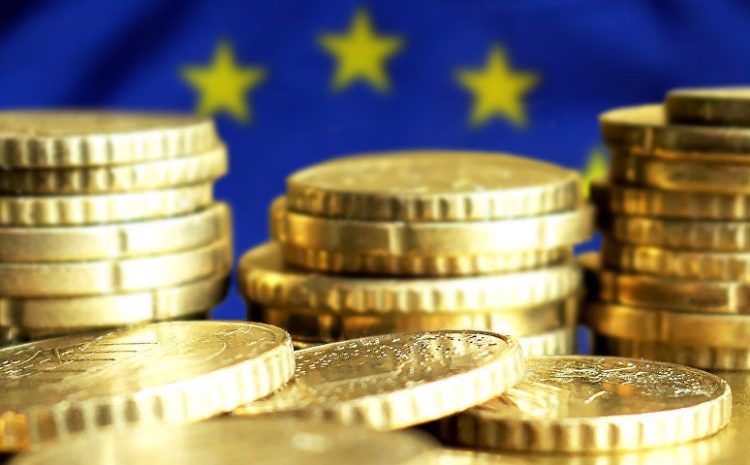
In an updated economic outlook prepared by The Institute for Economic Research (IFO), a research center based in Munich, it is confirmed that the German economy is to suffer a possible decrease reaching as high as 6.6% in 2020 due to the COVID-19 outbreak, which is worse than the 5.7% recession caused by the 2009 financial crisis.
However, the newest survey among almost 9000 German companies was conducted, and its results show that the situation could change dramatically. As per the IFO, the national economy have the potential to increase significantly by 2021, reaching a 10.2% growth rate.
As per chief economic researcher Timo Wollmerschäuser, on average, surveyed companies expect their own economic situation to normalize within the next nine months, with both the demand for locally-produced goods and services to return to its normal levels, and certain level of support from the government authorities.
“After a significant decline of 12.4% in the second quarter of 2020, the German economy should recover by the middle of the following year,” he said, adding that only at this point goods and services will be produced at the same level as when the business environment is not affected by pandemic.
During this research, both worst and best-case scenarios were projected. According to the IFO, in the best-case scenario, the German economy has potential to recover during the period of five months. This will lead to a more moderate economic downturn of around 3.9% in 2020.
In its worst-case scenario, however, economic recovery can take up to 16 months, with the decrease level reaching 9.3% this year with a forecast of growth of 9.5% in 2021.
“In this case, the restoration will last until 2022”, the researchers noted.
It was also noted that the lowest point in the economy may come in the second quarter of the year.
All forecasts are based on the assumption that government restrictions against coronavirus in Germany will continue to be lifted gradually, and no second wave of infection in the country will take place.


